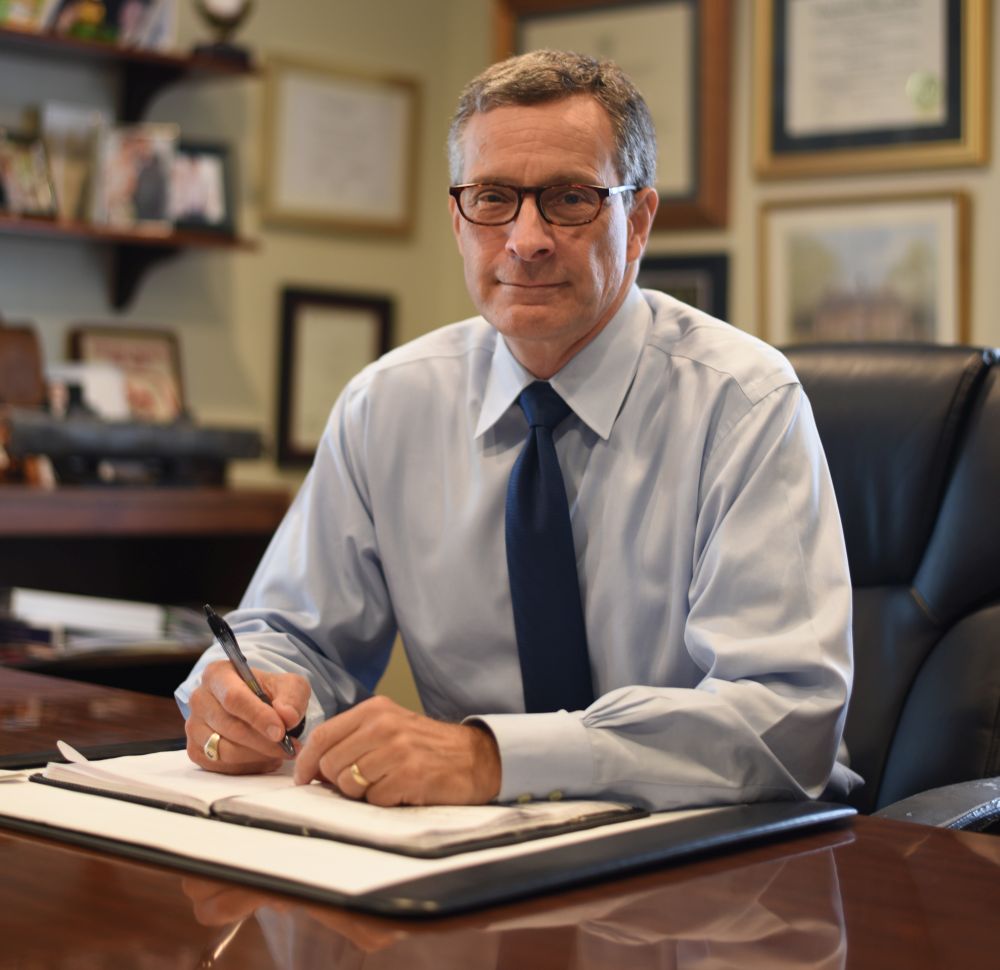
It’s that time of year! Campuses are welcoming students for the fall semester, like they have for many years…well, except for those COVID years. And colleges and universities continue to take the precautions appropriate to their communities and campus culture.
As COVID-19 begins to loosen its grip on us, there’s still plenty for campus leaders to wrestle with. Even before the pandemic higher education was undergoing significant disruptions. SCICU member institutions are still sorting through the changes they face. What are some of those challenges?
Students are changing. As for traditional students – the 18-year-old high graduates – their final years of high school were spent alone, online. They are often less prepared academically, and after two years of isolation and the cancellation of so many extracurricular activities, they are struggling with their social and emotional intelligence. Mental health issues were already a growing concern, but, with the stress of being at college, campuses are facing unprecedented demand for counselling.
And there are fewer traditional students. There has been much talk in higher education circles about the “demographic collapse” to occur in 2025 when the number of high school graduates begins to decline precipitously. At the same time, more and more adults are looking for advance preparation of one sort or another. They believe they are not looking for the classic campus experience so much as specific knowledge to advance in their careers.
Technology is changing. Remember when “Zoom” meant going really fast? In one form or another virtual meetings and online learning are here to stay. That’s just the beginning. Some campuses in the country are dabbling with virtual campuses – put on goggles, hit the link and you’re walking across a virtual quad, entering a virtual classroom, to attend a lecture by the avatar of a professor. As dystopian as that may sound to many of us, it’s a meta world that some young people are just as, if not more, comfortable in.
The economy is changing. After many years of sustained growth, we are in a period of inflation, that may be a recession, with traces of stagflation. Since the pandemic, millions of employees disappeared and no one seems able to find them. What will the economy look like a year from now? What should colleges students expect of the job market when they graduate? The only honest answer is, who knows?
The world is changing. I hate to admit it, but there are times I long for the predictability of the Cold War. You knew where the lines were drawn, and that those lines would be there tomorrow and the next day. We now must reckon with a world of unstable alignments. Much like about 100 years ago, we wake up every day with the awareness that a conflict on one small part of the map could lead to world war, as it did in 1914.
All this change is captured in one word: uncertainty. How do we educate and prepare students to stand on shifting sands? The answer is a familiar one – by imbuing them with the mental agility and creative thinking, as well as the timeless truths and principles, afforded by a liberal arts education. Along with preparing their students to adapt and thrive in change, SCICU member colleges and universities equip their students with a grounding in the human experience that empowers them to cope with the stress of uncertainty.
I am so very proud to serve private colleges and universities that are so deeply committed to the success of their students. That never changes.
